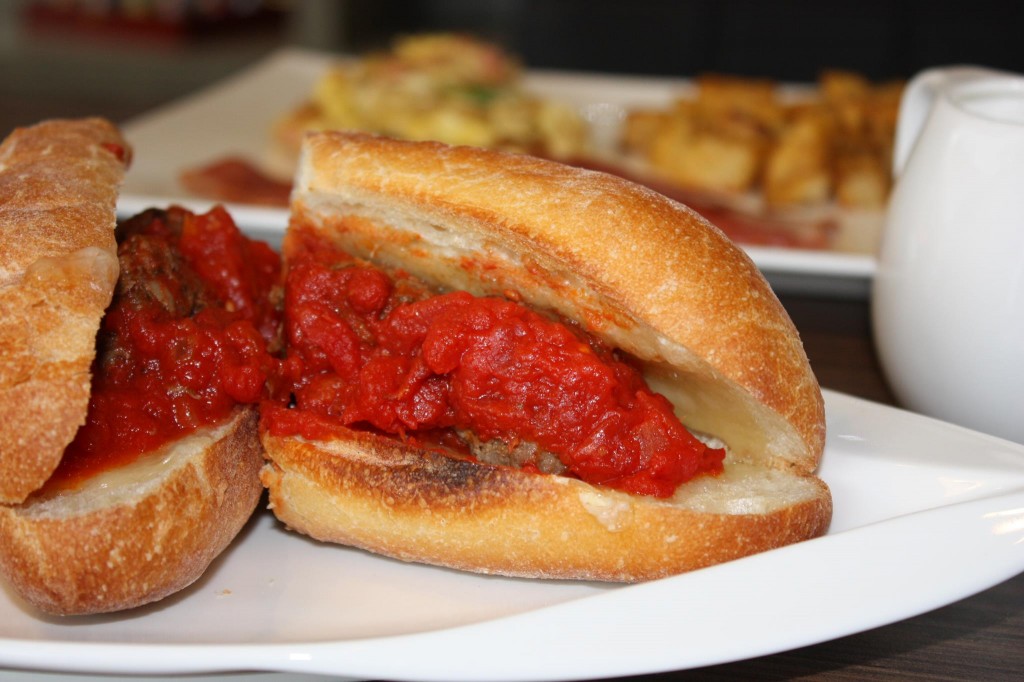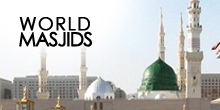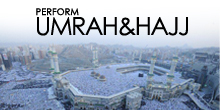بسم الله الرحمن الرحيم
Excuse # 1: I am too busy with Work
Some people delay Hajj because they say they can’t find time to take off from work. But don’t they see the very fact that they didn’t take time out for Hajj is the reason why Allaah kept them so busy with work?
The Prophet (Sal Allaahu Alaiyhi wa Sallam) said: “Allaah says: ‘Son of Adam: Fill your time with My worship and I will fill your heart with richness, and end off your poverty. But if you don’t, I would make your hands fully busy (i.e. in worldly affairs) and I would not end off your poverty.'” (At-Tirmidhi- hasan)
And he (Sal Allaahu Alaiyhi wa Sallam) said:
“Verily Allaah tests His servant with what He has given him. So whoever is content with whatever he has been assigned, then Allaah will bless him in it, and give him more! But whoever is not content (with what he has been given), then he will not be blessed in it.” (Ahmad-saheeh).
If you make your intention sincerely for the sake of Allaah and do your best to take time from work, Allah will provide it for you.
وَمَن يَتَّقِ اللَّهَ يَجْعَل لَّهُ مَخْرَجًا
وَيَرْزُقْهُ مِنْ حَيْثُ لَا يَحْتَسِبُ وَمَن يَتَوَكَّلْ عَلَى اللَّهِ فَهُوَ حَسْبُهُ إِنَّ اللَّهَ بَالِغُ أَمْرِهِ قَدْ جَعَلَ اللَّهُ لِكُلِّ شَيْءٍ قَدْرًا
“And whoever fears Allaah, He will make for him an easy way out and provide for him sustenance from sources he could never imagine. Whoever places his reliance upon Allaah, Allaah will suffice Him. Indeed Allaah is one who can achieve His purpose and He has appointed a measure for everything.” (Talaq:2-3)
Excuse # 2: I am not spiritually ready
Some people say I am not spiritually strong, I am not much of a believer and thus not ready to go or they say I think I should only do Hajj when I have figured out Salah and Zakah and I am practicing Islaam fully…
Don’t you see? That is the whispering of the Shaytaan in your heart. He does not want you to go and earn all the reward and Jannah.
All you have to do is to make the intention, try hard to improve yourself, put your trust in Him and surely He will guide you.
وَالَّذِينَ جَاهَدُوا فِينَا لَنَهْدِيَنَّهُمْ سُبُلَنَا وَإِنَّ اللَّهَ لَمَعَ الْمُحْسِنِينَ
“And (as for) those who strive hard for Us, We will most certainly guide them in Our ways; and Allah is most surely with the doers of good.” [Ankabut:69]
We all know people who weren’t fully practicing Muslims prior to making the Hajj, yet once they came back from Hajj they went under this amazing transformation and Alhamdulillah they are now practicing fully.
So don’t think like that, just go.
Excuse # 3: Yeah, insha Allah next year…..next year…..then next year
Subhaan Allah, some people have no excuse not to go for Hajj. Yet when you ask them when they are going, they say “Insha Allah next year”. But somehow that ‘next year’ never comes.
Don’t be like those people. Make your intention to go for Hajj NOW. Don’t even wait till tomorrow. Do it now and prepare for this journey, while you have the ability. For you never know when death will overtake you or some other trial may befall you that will unable you to go.
The Prophet (Sal Allaahu Alaiyhi wa Sallam) said:
“Take advantage of five before five: Your youth before your old age, your health before your sickness, your wealth before your poverty, your free time before you become occupied, and your life before your death.” (Bukhaari)
Ali, radhiAllaahu ‘anhu, once stood at the head of a grave and said to his companion, “If he had a chance to return to this life, what do you think he would do?” His companion replied, “He would do nothing but good deeds.” Ali (RA) then said, “If it is not going to be him, then let it be you.”
Excuse # 4: When Allah wants me to come, He will call me
Sure, guidance is in Allah’s Hands. That is true. Yet you have to work hard to qualify for that guidance. Remember that Allah will not throw the guidance in your lap from up above. It is YOU who has to make the effort. Just like if you are hungry… Allah will not throw the food down from the sky. You have to get up and cook that food.
Allah orders us to make that effort. Allah says:
يَا أَيُّهَا الَّذِينَ آمَنُواْ اتَّقُواْ اللّهَ وَابْتَغُواْ إِلَيهِ الْوَسِيلَةَ وَجَاهِدُواْ فِي سَبِيلِهِ لَعَلَّكُمْ تُفْلِحُونَ
“O you who believe! Be careful of (your duty to) Allah and seek means of nearness to Him and strive hard in His way that you may be successful.” [Surah Maidah:35]
Excuse # 5: It’s too much hard work
Do you realize how much hard work we do for the dunya?
Most of our lives we spend working hard for our studies, our livelihood, our families, our businesses, and we can’t bear to work hard for the Aakhirah? Sure, Hajj is hard work but then, isn’t Jannah worth it?
The Prophet (Sal Allaahu Alaiyhi wa Sallam) said:
“The reward of Hajj Mabrur is nothing but Jannah.” (Bukhari and Muslim)
وَمَنْ أَرَادَ الآخِرَةَ وَسَعَى لَهَا سَعْيَهَا وَهُوَ مُؤْمِنٌ فَأُولَئِكَ كَانَ سَعْيُهُم مَّشْكُورًا
“And whoever desires the Hereafter and strives for it as he ought to strive and he is a believer; (as for) these, their striving shall surely be accepted.” [al-Israa‘:19]
‘Umar ibn al-Khattaab is quoted as saying, “I seek Allaah’s protection from the time when the ‘fasiq’ or disobedient will have much energy and enthusiasm and the righteous will be lazy.”
Excuse # 6: It takes too long
Some people use the length of time they have to take off for Hajj as an excuse each year for delaying or not going.
But think about it. How long does it take?! Just 2-3 weeks at max! Or even less than that. Come on… haven’t we taken that much time off for vacations?!
Remember, planning is everything. If you plan ahead of time for Hajj, you can save up your vacation time and use it for the most important journey of your life. Or you cam just choose an express Hajj package (about 10 days).
And also keep in mind that the stay in Madinah is not a part of Hajj.
Excuse # 7: It’s too hot
Heat and cold are all relative. Remember the battle of Tabuk. That’s when the Prophet (sal Allaahu ‘alayhi wa sallam ) rallied his troops for a long and exhaustive trip that, back then, would have taken them months. All that heat and all that hard work didn’t stop the Sahaabah from fighting in the path of Allaah. But the hypocrites…they were another story. They backed out of the fight and turned away from the Prophet (Sal Allaahu Alayhi wa sallam) at the last minute because they said: “It’s too hot”.
You know what Allah said to tell them? He said:
قُلْ نَارُ جَهَنَّمَ أَشَدُّ حَرًّا لَّوْ كَانُوا يَفْقَهُونَ
“The FIRE of HELL is even HOTTER; if they only understood!” (Tauba:81)
Excuse # 8: I’ll wait until my kids are older/get married
Some Muslims might delay Hajj and give themselves time by saying, “Let me wait till my kids are older, or till my daughter gets married, and their daughter may only be 5 years old!
Let me wait till I do this , let me wait till I do that.”
This is also just a way of procrastination and nothing else. Remember that hajj is an obligation in Islaam. It is fardh upon you. If you have the means and the ability, and you have not yet done your obligatory hajj, the ulama say that it is better for you to do Hajj first, rather than delaying it, if your kids are young.
The Prophet (sal Allaahu ‘alayhi wa sallam ) said, “Race to good deeds before a time and a fitnah comes, (a test) that will sweep over you like the darkest of the darkest nights.”
Obviously, for the one whose kids are of marriageable age and he has just enough money for either Hajj or marriage, the Ulama say:
“If there is a conflict between the father’s Hajj and the son’s (or daughter) getting married, because the father only has enough money for one of them, then he should see whether his son’s marriage is essential right now, or can it be delayed? If the son needs to get married and fears that he may do something haraam, then getting him married takes precedence over the father’s doing Hajj.” (http://www.islamqa.com/)
So beware of lame excuses and get rid of them. If you haven’t performed your hajj yet, it’s not too late…even now. There are still openings in the various Hajj groups and it’s not too late. Go ahead and make your niyyah for Hajj and insha Allah, He will take care of the rest of your affairs.
The Prophet (sal Allaahu ‘alayhi wa sallam ) advised a man:
“Pray your prayer as if it is your last, as if you are seeing Him (Allah), for even if you do not see Him then He sees you. And give up hope (of obtaining) what other’s possess, then you will live a rich life. And beware of anything that you might (later) have to make an excuse for.” (Bukhari in his al-Tarikh, and al-Tabarani-saheeh)

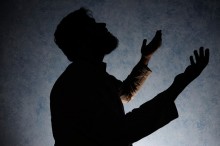
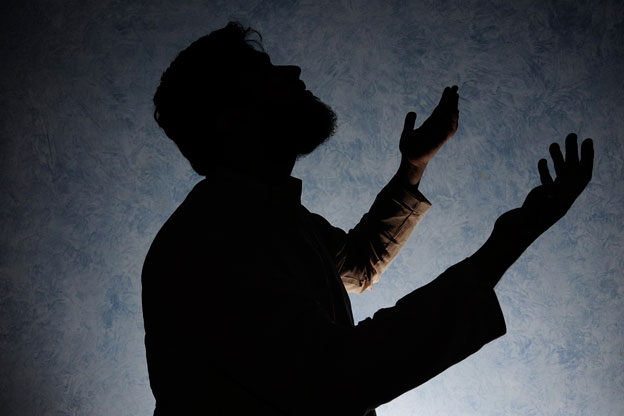
 John Locke borrowed many of his Enlightenment ideas from the Muslim philosopher, Ibn Tufail
John Locke borrowed many of his Enlightenment ideas from the Muslim philosopher, Ibn Tufail
 A British coffeehouse in the 1700s
A British coffeehouse in the 1700s
 The signing of the Declaration of Independence in 1776 in Philadelphia
The signing of the Declaration of Independence in 1776 in Philadelphia

